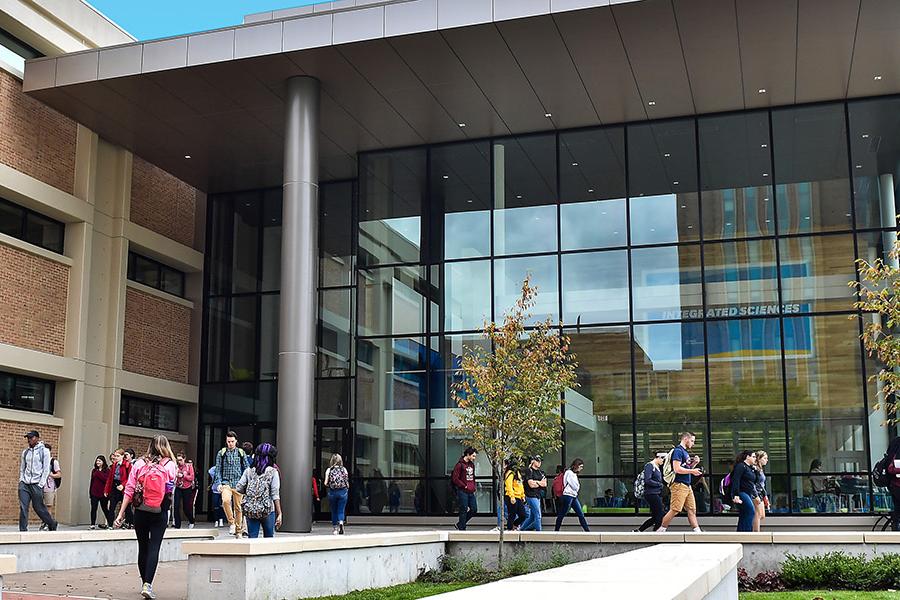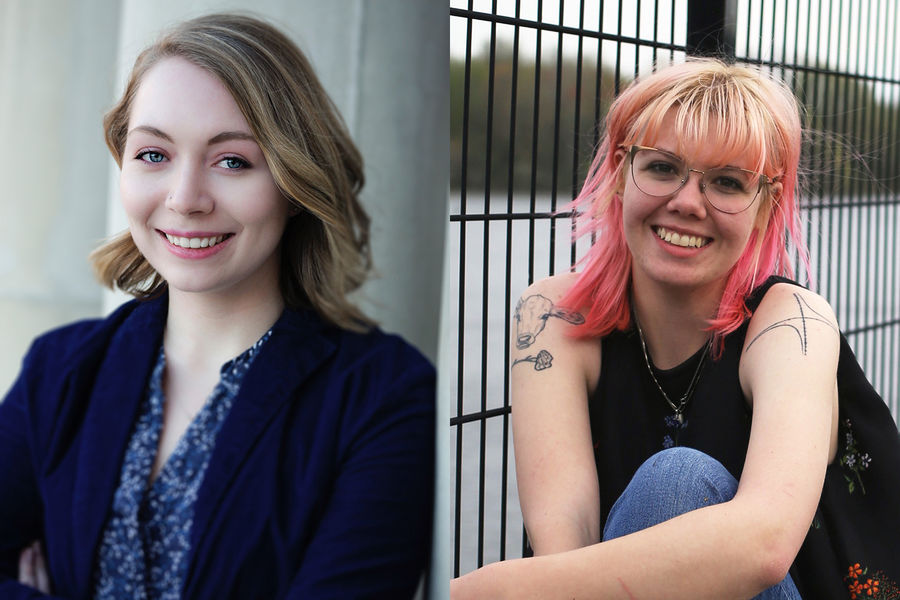Biological Sciences

Quality of Life: Researchers Exploring Treatments for Spinal Cord Injured Patients
A research group in the College of Arts and Sciences at Kent State University is searching for potential treatments for men who have suffered spinal cord injuries and hope to regain bladder control and sexual functions.

Zoology Student Works on Honors Thesis About Scent and Predation
Alexandra Euwema is a third-year honors student from Springfield, Virginia, majoring in zoology. From early in her college career, Alexandra has wanted to earn a master’s degree in wildlife conservation, and this goal was a major inspiration for her Senior Honors Thesis topic. Alexandra is in her fi…
Biological Sciences Faculty Take on Invasive Plant Species of Ohio in New Book
Three faculty members in Kent State University's Department of Biological Sciences recently co-authored a 384-page hardcover book, “Problem Plants of Ohio,” published by the Kent State University Press.

Two Kent State A&S Students Win Prestigious Goldwater Scholarship
Gracen Gerbig and Hayley Shasteen, both Kent State University students in the College of Arts and Sciences, recently received the Barry M. Goldwater Scholarship, considered the nation’s premier undergraduate award in the natural sciences, math and engineering. They were recognized by President Beverly Warren at the Kent State Board of Trustees meeting on May 9.

A 4,000-Mile Journey Leads to “Sticky” Award-Winning Research for Kent State Graduate Student
Though she had an interest in science at an early age, Raissa Mendonca had no idea she would end up over 4,000 miles away from her hometown of Recife, Brazil studying and doing award-winning ecological research in the College of Arts and Sciences at Kent State University in Kent, Ohio. She probably did not expect to be wearing a bug net over her head in Manitoba either. Now, while pursuing her Ph.D. at Kent State, Mendonca conducts research in Costello’s lab that focuses on ecotoxicology and biogeochemistry and how environmental disturbances affect aquatic communities and ecological processes. One of her recent projects resulted in her being first author on a peer-reviewed journal article and earned her a $5,000 award to continue pursuing her research.
